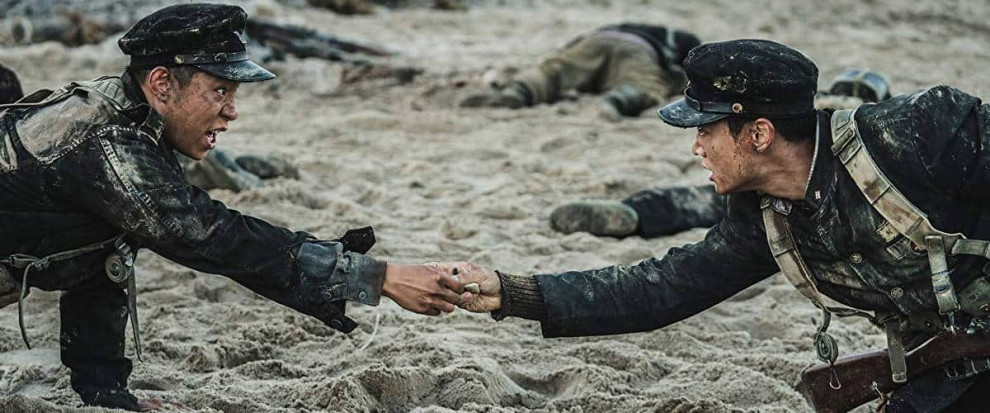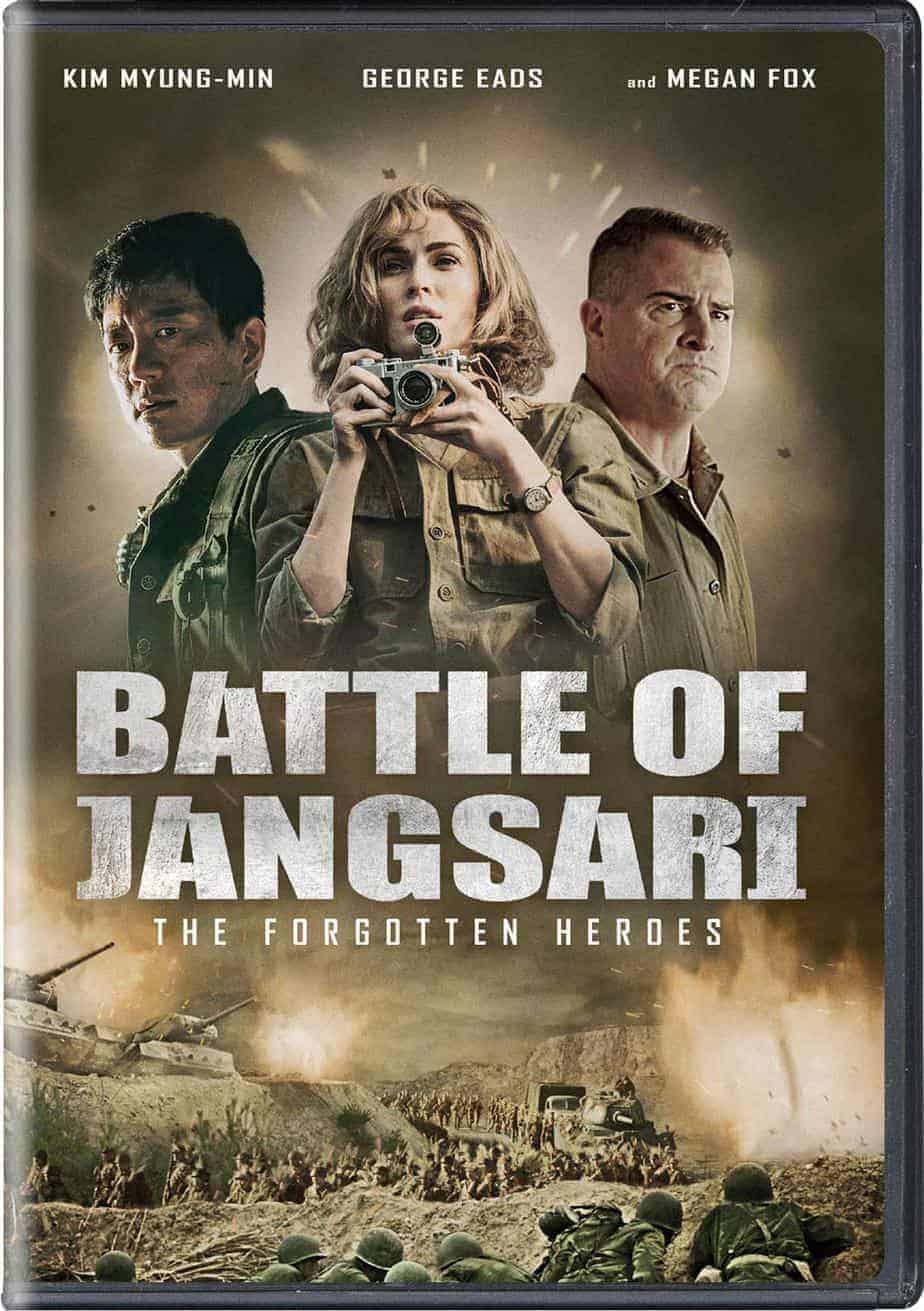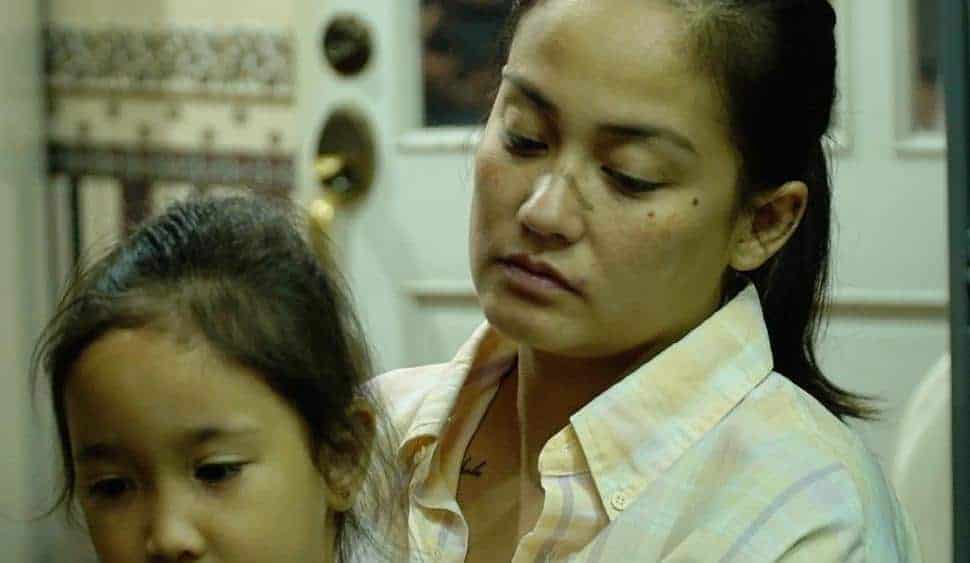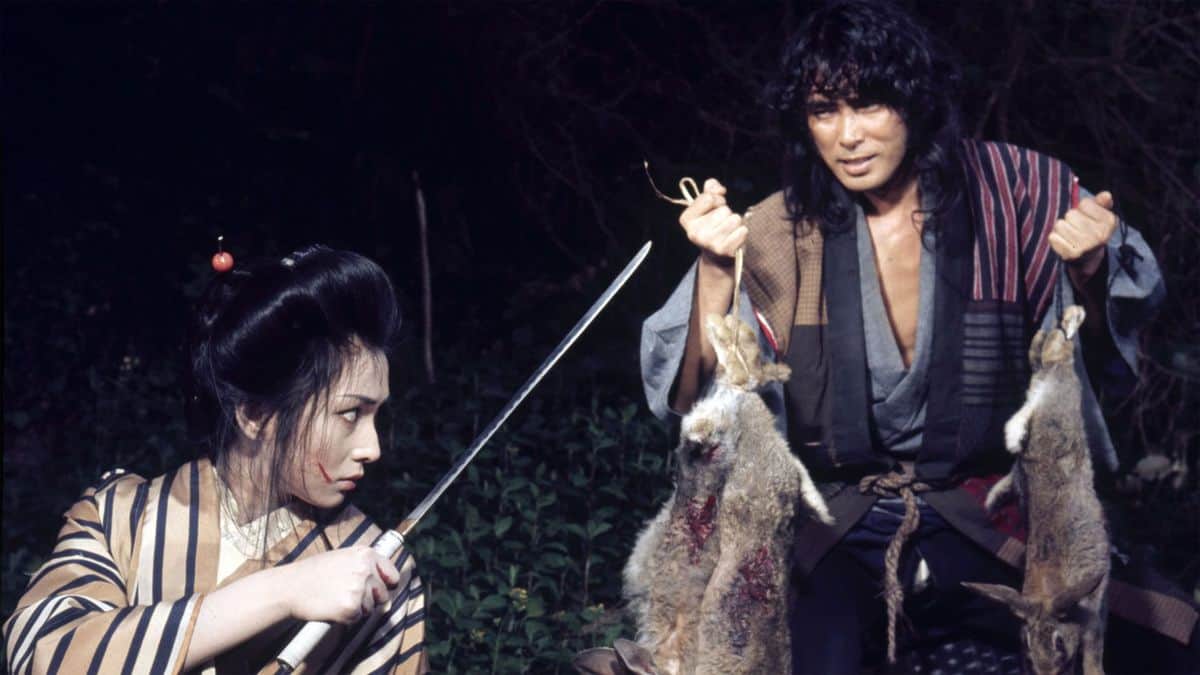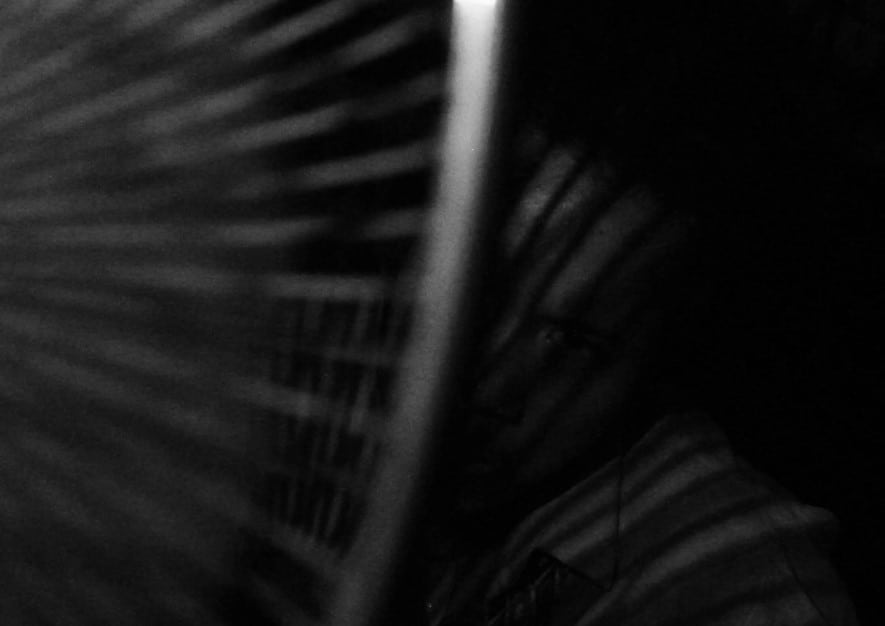After “Operation Chromite” directed by John H. Lee, “Battle of Jangsari – Forgotten Heroes” is the second entry in a planned trilogy depicting the events of the Korean War, specifically the coordinated attack of South Korean forces against the army of the North. In “The Battle of Jangsari” directors Kwak Kyung-taek and Kim Tae-hoon tell a semi-fictionalized account of a mission meant as a diversion distracting the North Korean army from the actual attack which took place in Incheon. Besides showing the fate as well as the stories of the young cadets, most of which were students, their movie also aims to shed some light on the role of war correspondents such as the character played by US-American actress Megan Fox, a role which was inspired by two actual correspondents who reported on the battle and the fate of the young soldiers.
Buy This Title
The story focuses on the events of September 1950, a time when the communist North Korea has managed to occupy most of the South and only a coordinated attack could change the tides in favor of the South. Led by General Lee Myung-joon (Kim Myung-min), a battalion of 772 soldiers consisting largely of students who did not even finish basic training, is sent to Jangsari to perform what is essentially a diversionary maneuver. Adding to the soldiers' lack of experience is a severe lack of equipment, for example, landing crafts, which give the impression that this is a suicide mission.
While Lee's men prepare for battle and eventually attack the beach of Jangsari, where North Korean forces have been waiting for them, war correspondent and photographer Marguerite Higgins (Megan Fox) is fighting a different battle with her superiors. Considering young South Korean soldiers walk into a sure death in Jangsari, a mission whose nature is anything but secret thanks to North Korean spies who have infiltrated the army of the South, Higgins aims to convince her superiors to take action on their behalf.
As you may have guessed from the brief glance at the story of “Battle of Jangsari”, essentially the directors have managed to turn two films into one. Whereas the first one focuses on the soldiers, centering in on one specific group and their experiences, the other one follows the commitment of people such as Higgins, standing symbolically for those voices wanting to support the young soldiers. Thus, “Battle of Jangsari” becomes an interesting mixture of human and political drama, with especially the latter part diverting from the somewhat clichéd war movie-narrative and its motives. In particular this second narrative strand shows the machinations behind the mission, for example, how the military has not only planned it, but also how they have managed to come up with a scapegoat for the expected disastrous losses in Jangsari.
If you focus on the side of the soldiers, you will certainly find the usual themes of any wartime story. Characters like Choi Sung-pil (played by Choi Min-ho) or Gu Man-deuk (played by Jang Ji-gun) go through the cruel initiation of battle, experiencing loss, homesickness, desperation and even distrust among their own group, as one of them suspects them being infiltrated by North Korean spies. Even though these themes are quite common for the genre, the young actors give all in all solid performances, emphasizing this loss of innocence as their friends die and their struggle to hold on to humanity.
Additionally, directors Kwak Kyung-taek and Kim Tae-hoon demonstrate their experience in the genre on a technical level. Although the use of hand-held camera during battle scenes comes at a price, Kim Seung-hwan' cinematography also finds the right visual language to emphasize aforementioned themes, most specifically the chaos of war. Especially during sequences, such as the landing on the beach, Komeil S. Hosseini's score also becomes of great importance as it highlights this loss of innocence, an additional layer of pathos to the images of the film.
In the end, “Battle of Jangsari – Forgotten Heroes” is a solid entry in the genre of war movies, impressive especially on a visual and technical level. Supported by a talented cast of actors, Kwak Kyung-taek and Kim Tae-hoon may not tread new narrative ground, but nevertheless, manage to tell and engaging story.


